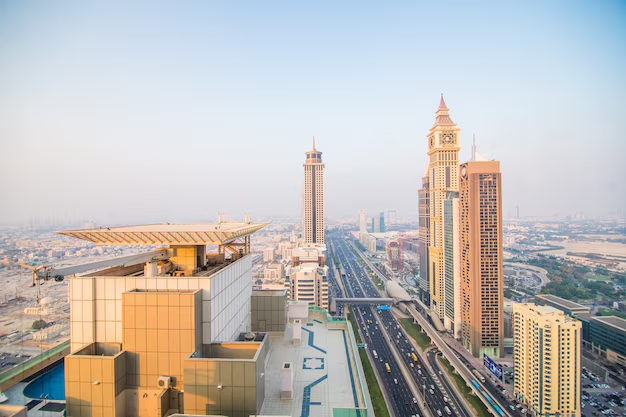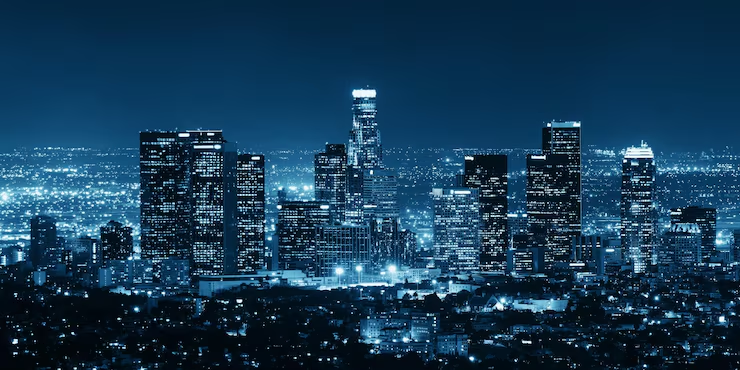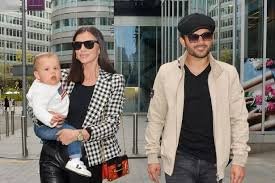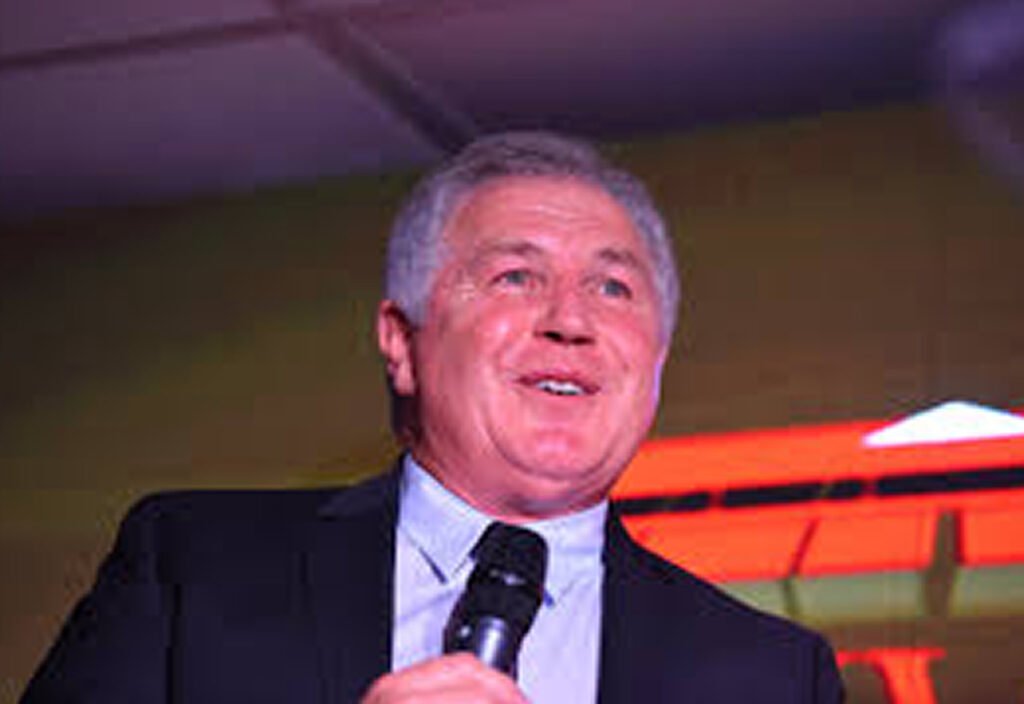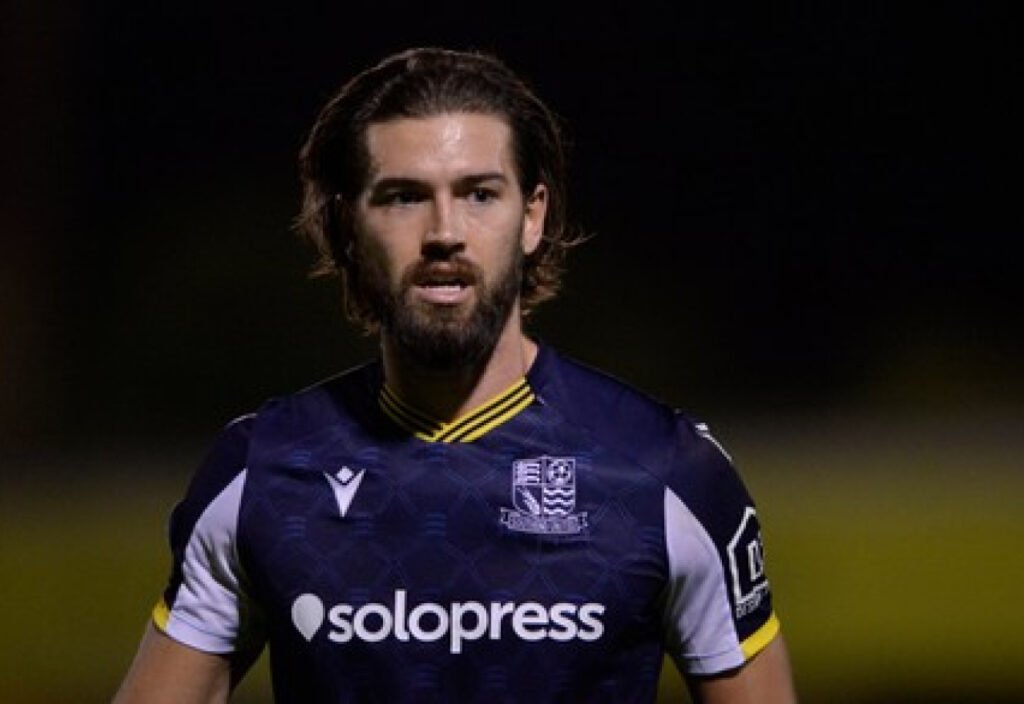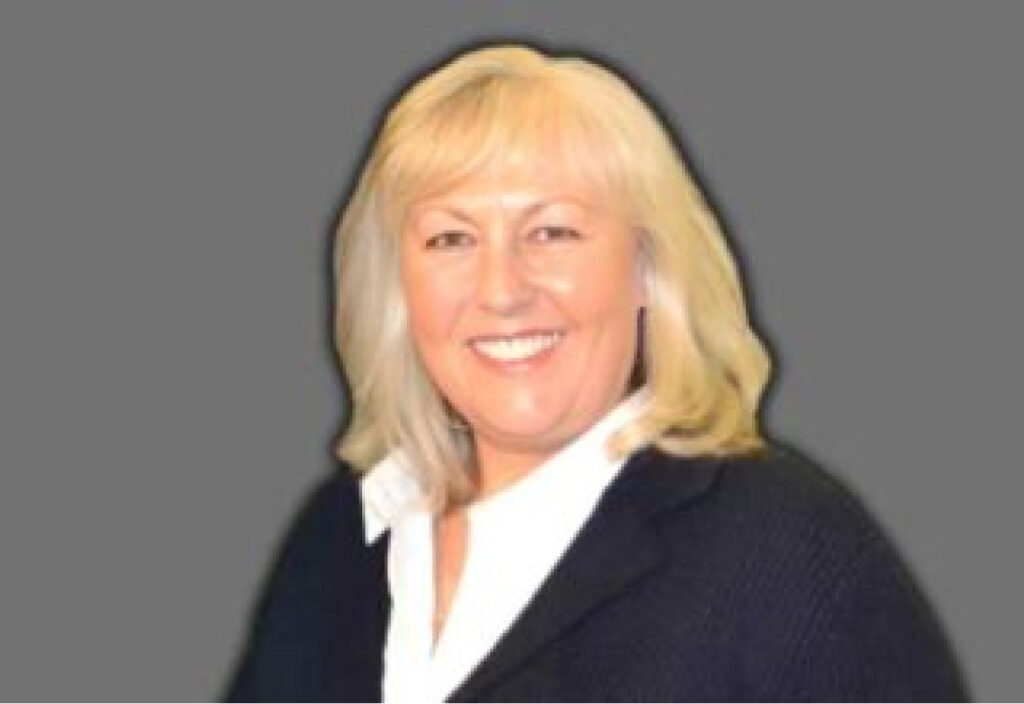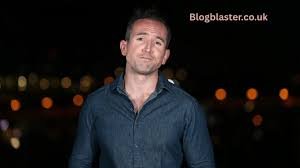
Hugo Bachega Nationality: BBC Correspondent’s Background
If you’ve found yourself searching for “Hugo Bachega nationality,” you’re likely one of two people: a viewer captivated by his on-the-ground reporting from some of the world’s most volatile regions, or a researcher fact-checking the background of a prominent journalist. The simple, one-word answer is that Hugo Bachega is Brazilian.
But to stop there would be to miss the entire point of his career and the very nature of modern international journalism. In an era of rising nationalism and polarized media, the story behind Hugo Bachega’s nationality is a fascinating lens through which to explore what it means to be a global correspondent in the 21st century. It’s a story about how a passport is merely a starting point, and how true credibility is built on empathy, linguistic agility, and a deep understanding of the human stories within a conflict.
The Simple Answer: A Brazilian Background
Hugo Bachega was born and raised in Brazil. His formative years were spent in a country known for its cultural diversity, complex social fabric, and a vibrant, if often tumultuous, media landscape. This Brazilian foundation is crucial. It means his initial perspective on the world was shaped not in the corridors of power in London or Washington, but in a major Southern Hemisphere nation with its own unique set of challenges and worldviews.
While specific details about his early life and education are kept private, a common thread among international journalists like Bachega often includes a university education in journalism or international relations, followed by early-career work in their home country’s press. This apprenticeship is vital; it’s where they learn the rigors of reporting, meeting deadlines, and verifying facts before stepping onto the global stage.
The Journey to a Global Platform: The BBC and Beyond
Bachega’s career trajectory is a testament to his skill and ambition. He moved from Brazilian media to the international arena, eventually landing a role as a foreign correspondent for the British Broadcasting Corporation (BBC). The BBC is one of the world’s most respected and widely-trusted news organizations, with a reputation for striving for impartiality and a global audience numbering in the hundreds of millions.
For a Brazilian journalist to become a key face and voice of the BBC’s international news coverage is significant. It speaks to a deliberate transition from a national to a global perspective. His nationality, in this context, becomes a part of his professional toolkit rather than his defining characteristic. The BBC, like other global news outlets, actively seeks journalists from diverse backgrounds to enrich its coverage and avoid a monolithic, Anglo-American perspective on world events.
The Crucible of Conflict: Reporting from the Frontlines
A journalist’s biography is written in the datelines of their reports. For Hugo Bachega, these datelines read like a map of the world’s most pressing crises:
- The Middle East: He has spent years covering the intricate and devastating conflicts in Syria and Iraq. His reporting from the frontlines of the battle against ISIS, from the ruins of Aleppo, and from refugee camps has provided a visceral account of the human cost of war.
- Ukraine: Following the full-scale Russian invasion in 2022, Bachega was on the ground in Ukraine, reporting from cities like Kyiv and Kharkiv. His dispatches brought the reality of the conflict—the air raid sirens, the bombed-out buildings, the resilience of the people—directly to millions of viewers.
- Latin America: His Brazilian roots and linguistic skills have also made him a go-to reporter for stories across Latin America, where he has covered political upheaval, social unrest, and economic crises with the nuance that comes from regional understanding.
In these conflict zones, the question of “nationality” becomes complex. As a BBC correspondent, he operates under the organization’s institutional identity and the protection (however theoretical in a warzone) of a British press credential. Yet, his Brazilian passport can sometimes be an asset. It positions him as a journalist from a neutral country, not a former colonial power or a direct party to the conflict. This can, at times, facilitate access and build trust with sources who may be wary of Western agendas.
Beyond the Passport: The Skills That Define a Global Journalist
So, if nationality is just one part of the puzzle, what are the other essential qualities that define a journalist like Hugo Bachega?
- Linguistic Dexterity: Bachega is a polyglot. He is a native Portuguese speaker, is fluent in English and Spanish, and also speaks Arabic. This last skill is perhaps the most critical for his work in the Middle East. The ability to speak directly with people—to understand their jokes, their fears, and their anger without the filter of a translator—is transformative. It allows for deeper, more authentic storytelling and builds a bridge of trust that is otherwise impossible to cross.
- Cultural Empathy and Nuance: Being Brazilian, from a culture known for its warmth and interpersonal skills, likely contributes to his ability to connect with people from all walks of life. A good foreign correspondent does not parachute in to report on people; they connect with people to report their stories. This requires a profound sense of empathy and the ability to understand cultural and historical contexts that are not your own. Bachega’s reporting consistently focuses on the human element—the family fleeing their home, the soldier defending his city, the volunteer serving meals amidst the rubble.
- Objectivity and Impartiality: This is the cornerstone of his work with the BBC. While no human is entirely free of bias, the professional discipline of setting aside personal and national viewpoints to report the facts fairly is paramount. His value to a global audience lies in his ability to analyze and present complex situations in a way that is credible to viewers in London, São Paulo, Delhi, and Beirut. His Brazilian nationality, in this framework, is secondary to his professional commitment to impartiality.
- Resilience and Courage: This goes without saying for anyone reporting from active war zones. The physical and psychological toll of witnessing trauma and operating in high-risk environments is immense. This is a universal quality of the breed of journalists who choose this path, transcending national origin.
Why the Question “Hugo Bachega Nationality” Matters
The search for a journalist’s nationality is more than a piece of trivia. In today’s media landscape, audiences are increasingly savvy and skeptical. We want to know who is telling us the story and what their background might be. Understanding that Hugo Bachega is Brazilian allows us to place him in a broader context.
It reminds us that the flow of information is no longer a one-way street from traditional Western power centers. The global conversation is being reported and shaped by a diverse cohort of journalists from every corner of the world. A Brazilian reporting on a European war for a British broadcaster to a global audience is a powerful symbol of a interconnected world.
Furthermore, it challenges our own biases. Do we subconsciously expect a war correspondent to have a British or American accent? Seeing a journalist like Bachega deliver authoritative reports breaks down stereotypes and enriches our understanding of who can be an authority on world events.
Conclusion: A Citizen of the World, Reporting for the World
In the end, Hugo Bachega holds Brazilian nationality. It is a core part of his identity. But his professional identity is that of a global correspondent. He is a citizen of the world, whose true country is the story, and whose allegiance is to the facts.


